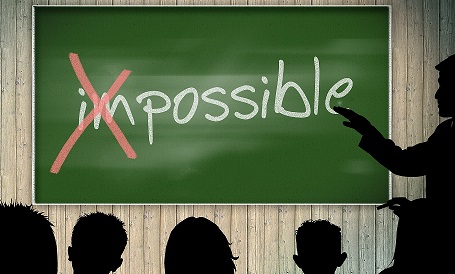We’ve got used to the traditional role of a teacher who provides theoretical materials, asks students to do any tasks, checks them, puts marks as feedback and evaluation measure and so on. However, this image was created quite a long ago, when humanity was not so technology-advanced. 
But what do we have now?
Children at their youngest age already know how to use gadgets and various digital tools. Digitization leaves all the traditional benefits behind: modern youth rarely goes to a library or tries to catch every word of the teacher – they know that they can find it in the internet. Modern youth is not willing to listen to a lecture or to take notes for an hour and a half hand-running – they can make an audio-recording or google the topic and read it in the internet, or even find an educational video and watch it, thus filling the gaps of knowledge. Now, young people have much more content at their disposal than they can cover.
So, how should we deal with this digital generation?
The answer is simple: we have to follow the progress, update our mindsets and adapt to the new era not only in private life, but also by bringing changes into professional environment. Thus, new kind of students requires a new kind of teachers – coaches.
As online Cambridge Dictionary of English states, a coach is “someone whose job is to teach people to improve at a sport, skill, or school subject”. The other definitions in the same dictionary also mention “responsible for managing and training a person or a team” or “an expert who trains someone learning or improving a skill, especially one related to performing”.
To make it more concrete, a coach does not necessarily provide theoretical basis – digital content might be used for this – but for sure offers guidance related to dealing with theoretical content and applying it practically, provides individual feedback, works on students’ motivation and determines their strengths and weaknesses with further support in improvement.
Thus, in the existing learning model, teacher is a kind of “a person in front of the group”, while coach becomes an inalienable part of the group. Certainly, the new role can’t be undertaken easily – local teaching staff needs training to acquire new skills and to get used to the new approach. For this, we will organize trainings and will invite international partners who already practice as coaches, so that local teachers could be their assistants and could learn it by participating in the process.